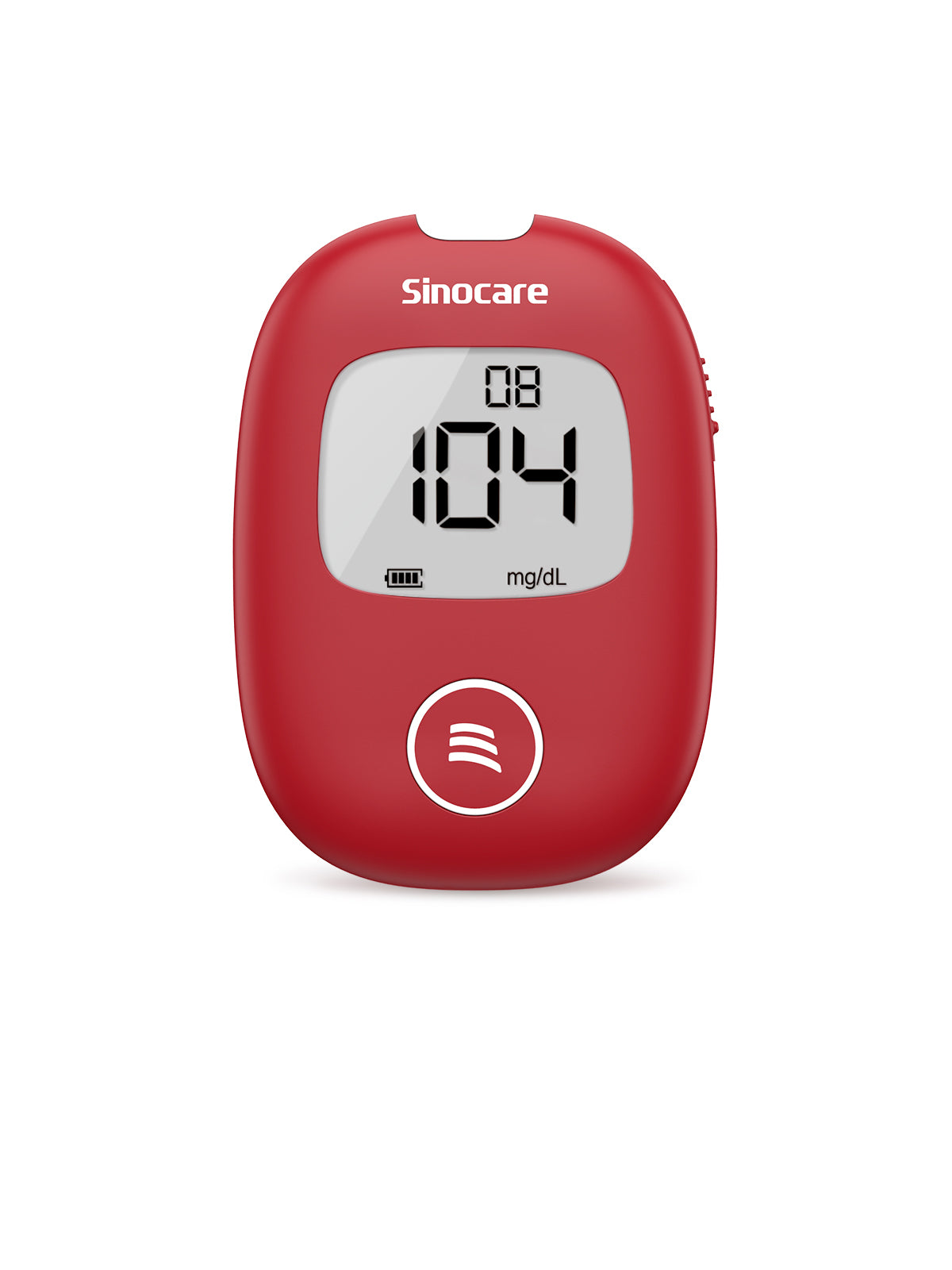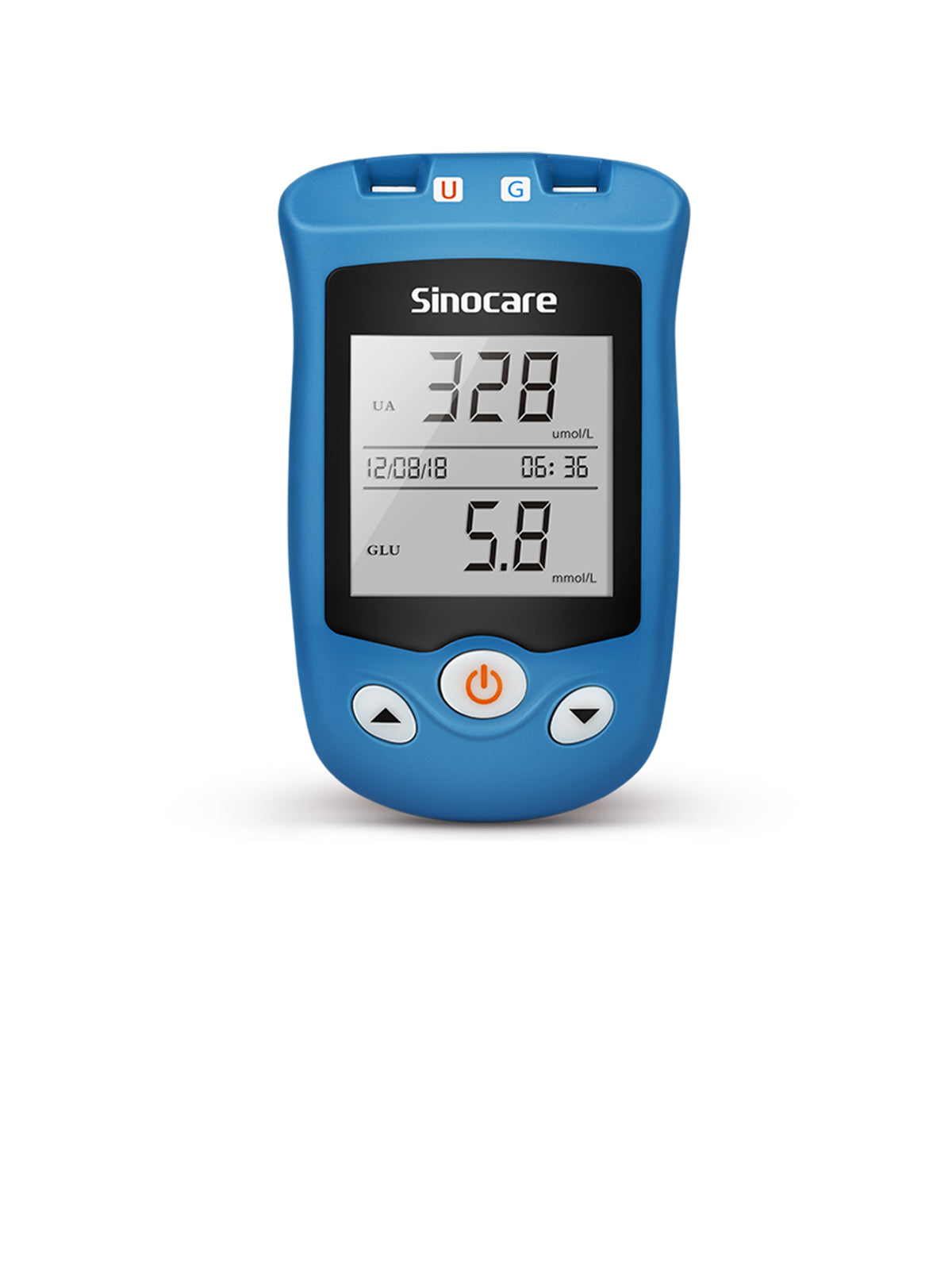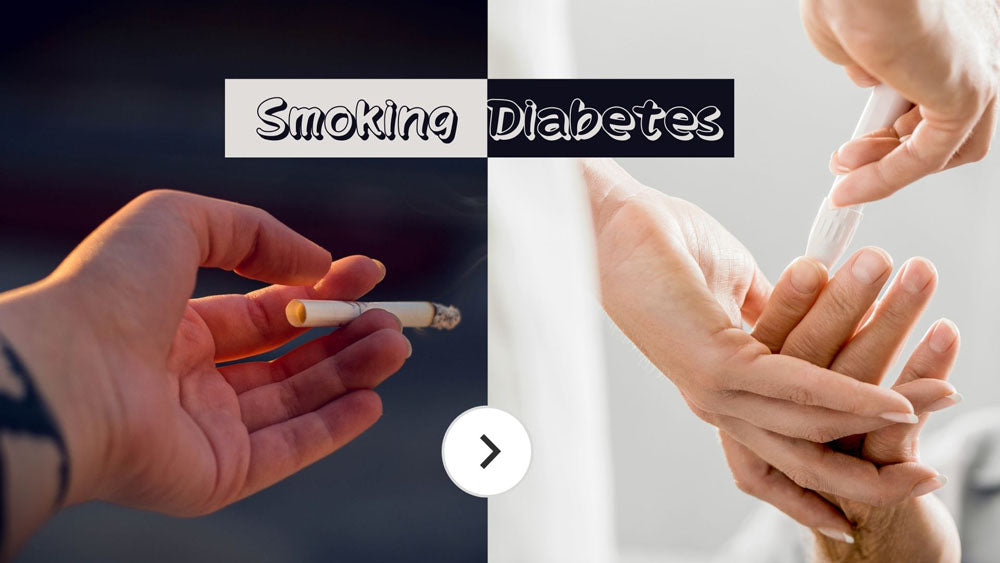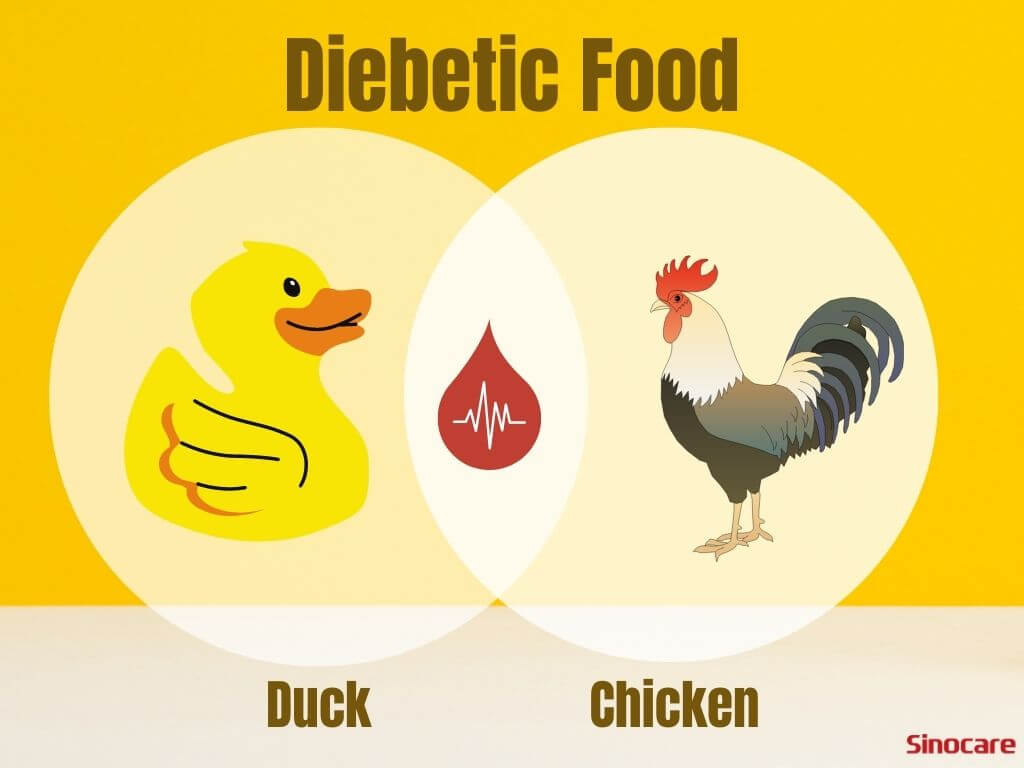Smoking is a modifiable risk factor for many chronic diseases such as cancer, chronic obstructive pulmonary disease (COPD), heart attack, stroke, high blood pressure and diabetes. Smoking has been identified as one the of main causes of type 2 diabetes as they generally have a 30-40% higher risk of developing diabetes compared to non-smokers [1].
Type 2 diabetes is a chronic condition where your blood sugar is elevated as your pancreas (the organ that makes insulin) is unable to make enough insulin to regulate your blood sugar.
How does smoking lead to diabetes?
Cigarettes contain nicotine which can lead to increased insulin resistance and over time develop diabetes. If you already have diabetes, smoking can lead to poorer blood sugar control [2]. The more you smoke, the higher the chance of you developing diabetes [3].
Are e-cigarettes a safer option compared to cigarette smoking?
E-cigarettes or vaping are gaining popularity as an alternative to smoking as it is cheaper and is deemed less harmful compared to cigarettes.

E-cigarettes or vaping heat a liquid which contains nicotine which is subsequently inhaled. It does not contain tobacco, which is associated with the risk of developing cancer, hence it is less harmful compared to cigarettes.
However, e-cigarettes contain nicotine which can increase your risk of developing diabetes [4].
How does smoking affect me as a person with diabetes?
Patients with diabetes often develop complications such as:
- Heart attack
- Stroke
- Poor blood circulation (peripheral arterial disease)
- Eye disease (Diabetic Retinopathy)
- Kidney disease (Diabetes Kidney disease)
- Erectile Dysfunction
Studies have shown that people who smoke and have diabetes have an approximately 50% chance of developing stroke, heart attack, poor blood circulation, and heart failure.
This risk is reduced if you stop smoking, and the risk is lowest if you have never smoked [5].
Smoking also increased insulin resistance, and this can lead to poor blood sugar control and increase your risk of developing complications from diabetes.
Does stopping smoking leads to weight gain?
Many people are worried about weight gain when they stopped smoking. Most people may gain an average of 2.25 kg – 4.5kg when they quit smoking and hence are discouraged from quitting [6].
Studies have suggested that blood sugar can be difficult to control in people who had quit smoking due to an increase in weight and waist circumference as this contributes to insulin resistance [7].
Should I quit smoking if it will lead to poor blood sugar control and weight gain?
Yes, you should still try to quit smoking, but you should discuss this with your doctor to reduce the risk of weight gain and poor blood sugar control.
This is because stopping smoking has more benefits than continuing to smoke. People who stopped smoking has the following benefit compared to those who continue to smoke.
- Lower risk of developing a heart attack
- Lower risk of developing kidney disease [7]
What should I do if I want to quit smoking?
If you have been smoking for a long period or has been a heavy smoker, it is important to speak to your doctor about your plans as there are medications that you can take to help you successfully quit smoking.
Quitting smoking is a step towards a healthier lifestyle. Why not incorporate a healthy lifestyle into it by:
Healthy eating habits
It is important to have a healthy diet to prevent weight gain when quitting smoking. Aim to have balanced, low-calorie food and snacks readily available to prevent indulging in unhealthy snacks like chocolates and chips.
Active lifestyle
Exercise can increase insulin sensitivity and burn calories and is very effective in weight loss when it is combined with a healthy diet. Exercise can also help people to deal with cravings, whether it is an unhealthy diet or food.
Mindfulness
Mindfulness has been used in helping people to manage their cravings, but also reconnects their bodies with their emotions and the sensation that they are experiencing. This can lead to an improvement in their mental well-being by reducing stress, anxiety as well as cravings as they quit smoking [8].
Adequate sleep
Having good quality sleep is essential in maintaining a healthy weight, as lack of sleep can lead to weight gain, high blood pressure and diabetes [9].
Does second-hand smoke increase my risk of developing diabetes?
Second-hand smokers are exposed to nicotine, and hence this can lead to insulin resistance and increase the risk of developing diabetes [10]. However, the risk of developing diabetes is smaller compared to active smokers. Hence, it is important to encourage people close to you to quit smoking if they can.
Does smoking lead to insomnia?
Cigarette smoking or vaping contains nicotine which is a stimulant, and this can lead to insomnia, and difficulty falling asleep at night (11). Prolonged insufficient sleep can lead to insulin resistance and predispose you to diabetes, or poor blood sugar control if you already have diabetes (12).
To Wrap up
As we all know, smoking is not good to our lungs, it is also detrimental to our blood sugar control. To curb the insulin resistance efficiently and keep our blood sugar level better controlled, quitting smoking is always a good choice.
References
1. CDC. (2014). Smoking and diabetes - cdc.gov. https://www.cdc.gov/tobacco/sgr/50th-anniversary/pdfs/fs_smoking_diabetes_508.pdf. Retrieved June 19, 2022, from https://www.cdc.gov/tobacco/sgr/50th-anniversary/pdfs/fs_smoking_diabetes_508.pdf
2. Maddatu, J., Anderson-Baucum, E., & Evans-Molina, C. (2017). Smoking and the risk of type 2 diabetes. Translational Research, 184, 101–107. https://doi.org/10.1016/j.trsl.2017.02.004
3. Morimoto, A., Tatsumi, Y., Deura, K., Mizuno, S., Ohno, Y., & Watanabe, S. (2012). Impact of cigarette smoking on impaired insulin secretion and insulin resistance in Japanese men: The saku study. Journal of Diabetes Investigation, 4(3), 274–280. https://doi.org/10.1111/jdi.12019
4. Zhang, Z., Jiao, Z., Blaha, M. J., Osei, A., Sidhaye, V., Ramanathan, M., & Biswal, S. (2022). The association between e-cigarette use and prediabetes: Results from the Behavioral Risk Factor Surveillance System, 2016–2018. American Journal of Preventive Medicine, 62(6), 872–877. https://doi.org/10.1016/j.amepre.2021.12.009
5. Pan, A., Wang, Y., Talaei, M., & Hu, F. B. (2015). Relation of smoking with total mortality and cardiovascular events among patients with diabetes mellitus. Circulation, 132(19), 1795–1804. https://doi.org/10.1161/circulationaha.115.017926
6. U.S. National Library of Medicine. (n.d.). Weight gain after quitting smoking: What to do: Medlineplus medical encyclopedia. MedlinePlus. Retrieved June 19, 2022, from https://medlineplus.gov/ency/patientinstructions/000811.htm
7. Campagna, D., Alamo, A., Di Pino, A., Russo, C., Calogero, A. E., Purrello, F., & Polosa, R. (2019). Smoking and diabetes: Dangerous liaisons and confusing relationships. Diabetology & Metabolic Syndrome, 11(1). https://doi.org/10.1186/s13098-019-0482-2
8. Practice mindfulness. smokefree gov. (n.d.). Retrieved June 22, 2022, from https://smokefree.gov/challenges-when-quitting/stress/practice-mindfulness
9. Guardian News and Media. (2022, May 4). Poor sleep may hinder attempts to maintain weight loss, a study finds. The Guardian. Retrieved June 22, 2022, from https://www.theguardian.com/society/2022/may/04/poor-sleep-may-hinder-attempts-to-maintain-weight-loss-study-finds
10. Wang, Y., Ji, J., Liu, Y.-jian, Deng, X., & He, Q.-qiang. (2013). Passive smoking and risk of type 2 diabetes: A meta-analysis of prospective cohort studies. PLoS ONE, 8(7). https://doi.org/10.1371/journal.pone.0069915
11. PhD, A. N., Rhee, J. U., Haynes, P., Chakravorty, S., Patterson, F., Killgore, W. D. S., Gallagher, R. A., Hale, L., Branas, C., Carrazco, N., Alfonso-Miller, P., Gehrels, J.-A., & Grandner, M. A. (2021). Smoke at night and sleep worse? the associations between cigarette smoking with insomnia severity and sleep duration. Sleep Health, 7(2), 177–182. https://doi.org/10.1016/j.sleh.2020.10.006
12. U.S. Department of Health and Human Services. (n.d.). The impact of poor sleep on type 2 diabetes. National Institute of Diabetes and Digestive and Kidney Diseases. Retrieved July 1, 2022, from https://www.niddk.nih.gov/health-information/professionals/diabetes-discoveries-practice/the-impact-of-poor-sleep-on-type-2-diabetes










Leave a comment
All comments are moderated before being published.
This site is protected by hCaptcha and the hCaptcha Privacy Policy and Terms of Service apply.